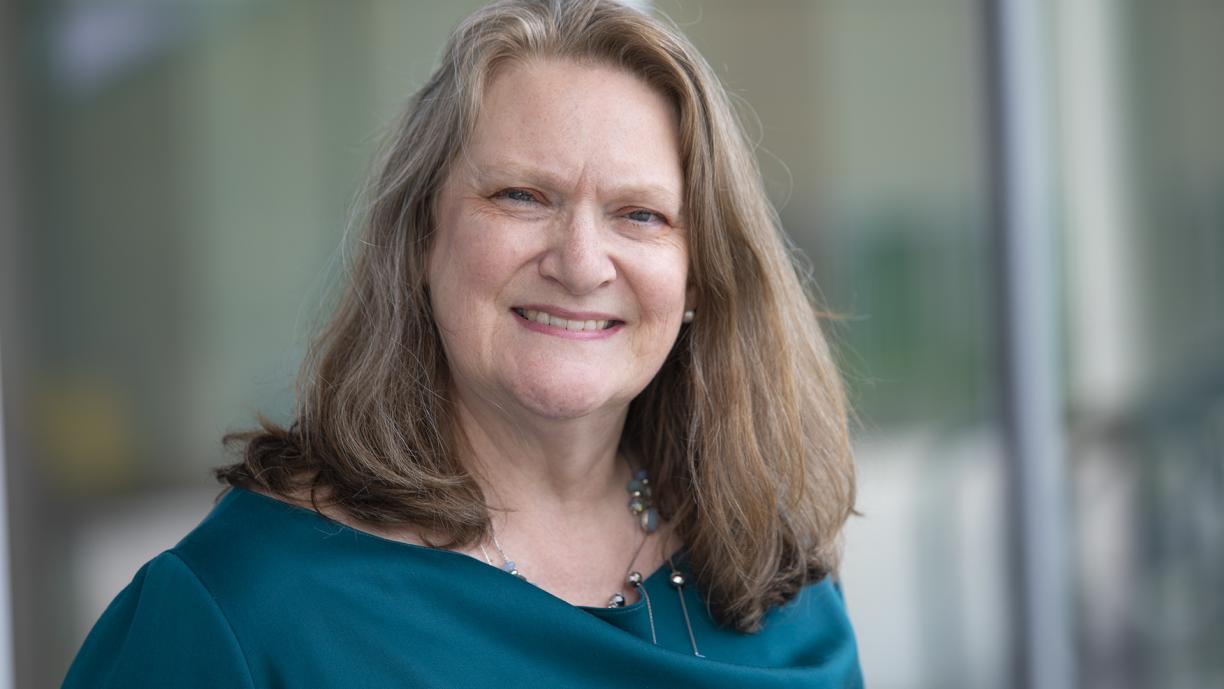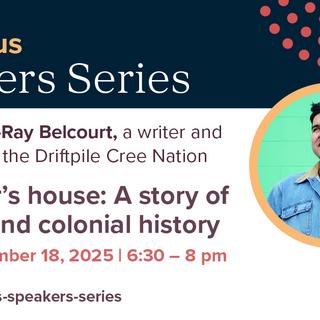Dr. Eve Stringham joined Vancouver Island University as Dean of the Faculty of Science and Technology on June 1, 2020. Despite having little access to VIU’s campuses and facilities, she has grasped the reigns of her faculty with enthusiasm, vision and empathy as she leads her faculty members and employees through paths unknown due to the COVID-19 pandemic.
Tell us a little bit about yourself and your background.
I was born and raised in Winnipeg, Manitoba. After completing a Bachelor of Science and Master of Science at the University of Manitoba, I moved to Vancouver to do a PhD at UBC, and followed that up with a Post-Doctoral position in Belgium. For the last 24 years I worked at Trinity Western University in Langley; 17 years as a Biology professor followed by seven years in research and graduate studies administration. I started as the Dean of Science and Technology at VIU on June 1, 2020.
My own interests are in genetics and cell biology. My research is aimed at understanding processes such as cell migration and axon outgrowth (important for development of the nervous system), and intracellular trafficking (how materials are ferried around in the cell). The latter has important implications for the daily functioning of cells, including how cells cope with infection.
Over the years I have received funding from a variety of external sources to support this research including the Canada Research Chairs Program, The Natural Sciences and Engineering Research Council of Canada (NSERC) and the Canada Foundation for Innovation.
One random factoid … I love music and at one point considered pursuing a degree in voice … but science won out.
How do you encourage ideas or innovation in your faculty?
I’m encouraging faculty to be strategic and see COVID-19 as not just a challenge but an opportunity to rethink how we teach science, technology, engineering and math (STEM) disciplines. If we can do remote delivery well, then we can provide more inclusive programming and reach more students.
Why are the STEM disciplines important?
COVID-19! Need I say more? Seriously though, the pandemic has illustrated acutely why STEM disciplines are important. Everything from being able to quickly isolate the causative viral agent, research to understand how the virus causes disease, and the development of vaccines and treatments, rely on the life science disciplines. Why are some people more susceptible? What is the mutation rate of the virus? Are some strains more virulent? The speed at which the collective scientific community is acquiring information and working toward a vaccine and treatments is astonishing. That can only happen when you have a discovery and biotechnology research and development culture. Beyond the biology of the virus, we need STEM disciplines to support management of the pandemic. Consider the importance of engineering (coupled with an understanding of anatomy and physiology) to make effective mechanical ventilators for COVID-19 patients in respiratory distress, as well as face shields and other physical barriers to prevent transmission. Or mathematical modelling and computer science to build apps for effective contact tracing and to predict the spread. Not to mention how information technology is absolutely critical for providing our ability to conduct business, teach students online, etc.. Can you imagine how much more difficult it would have been if the pandemic had occurred 20 years ago?
What can we expect to see from you in terms of your leadership style as you grow in your role?
I’m a builder! I love being able to catalyze change that encourages faculty, staff and students to flourish. And I’m a problem solver. Obstacles are things to get around or over! And I’m a firm believer in the role of research and practical experiences in science and technology education. You can expect to see more students engaged in research and practica that speak to regional priorities.
What kinds of new research is emerging because of the pandemic or are there areas receiving more focus than before?
I sort of answered this a bit above, but I think there are a lot of interesting side projects or discoveries that have come about as a result of the pandemic. For example, scientists and students working at our very own AERL discovered that air pollution levels in the region dropped significantly during the lockdown. That pattern has been seen worldwide. Just recently a paper confirmed this: “COVID-19 lockdowns cause global air pollution declines”.
This kind of research really starts to help us see clearly how our behaviour affects the environment. So, what if we were to change our habits permanently post-pandemic? We’ve discovered that we can do a lot of business virtually, so why fly across the country for a one-day meeting when you can Zoom? Or imagine the reduction in pressure on parking and infrastructure if we worked remotely even half of the time.
Or what about how we think about food production? A lot of people who have never gardened before have turned to growing their own veggies, are fishing and making their own bread. Is it time to revisit the 100-mile diet? I think we hear a lot about anxiety, stress and the negative impact on mental health because of the pandemic, but I think we should also think about how we are building resilience, and how a lot of young people, our students, and kids in primary and secondary schools, are learning life skills that they otherwise might not have. In many ways, the uncertainty and stress of the situation reminds me of the Second World War, when people were growing “victory gardens.” I can envision a lot of research that will examine trends among the young people of today compared to that generation.
What has it been like to become Dean of a faculty during the pandemic?
I would be lying if I said it wasn’t a challenge, particularly because I am a very relational person. So it’s frustrating to not be able to meet with faculty, staff and students in person. It’s also difficult to become familiar with the campus infrastructure in Science and Technology when I’m not on campus regularly. But at the same time, I am excited, because there has never been a more compelling time to pursue a career in Science and Technology. The fact that we can pivot to online delivery of courses at all is because of advances in technology. I think we are going to learn a lot from the pandemic about how we can be better educators. I think we are going to come out of it stronger, nimbler and more aware of what we need to do as an institution to provide multi-access learning opportunities for students of all ages and backgrounds. Broadening accessibility is one of the pillars of President Saucier’s strategic plan. Encouraging discovery is another. These align perfectly with where Science and Technology is heading.





